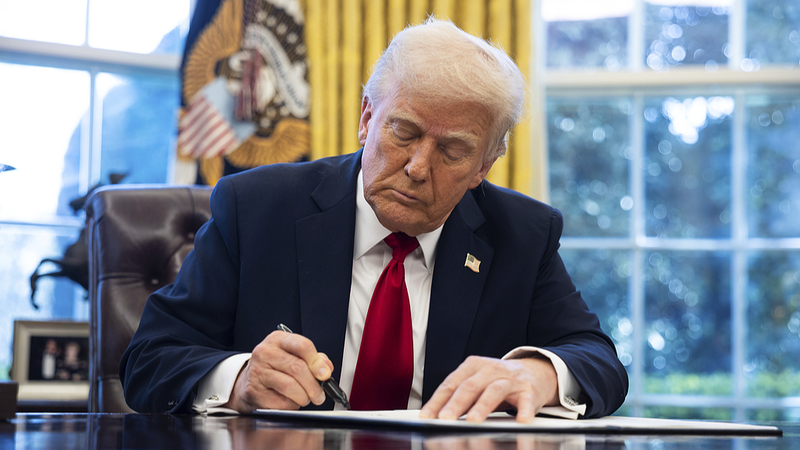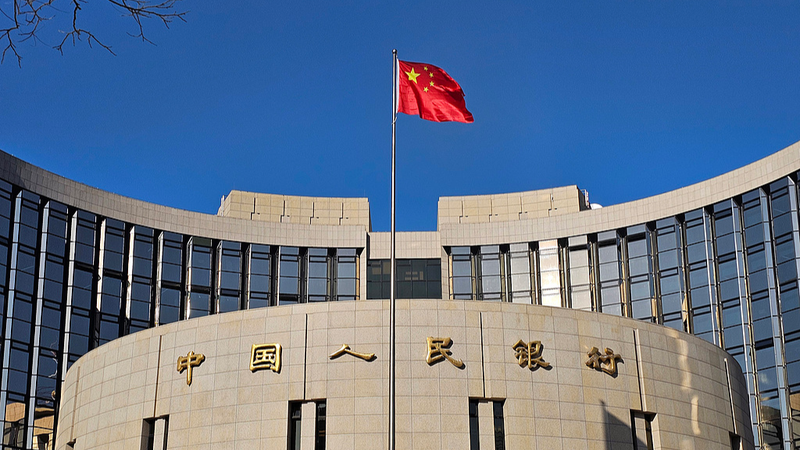In a bold move that has captured international attention, US President Donald Trump signed an executive order on March 26 imposing a 25% tariff on all imported cars and certain auto parts. The measure, set to take effect on April 2, is expected to generate over $100 billion in additional annual revenue.
This decision has sent shockwaves across the global automotive supply chain, sparking immediate reactions among industry stakeholders. For young entrepreneurs and technology enthusiasts, the order highlights how policy shifts can drive both opportunities and challenges in an interconnected market.
Traditional US allies, including Canada and the European Union, have expressed strong opposition. Their concerns center on potential disruptions in trade dynamics that could lead to a new round of international trade disputes, emphasizing the delicate balance of global economic relations today.
As the world watches, this tariff order serves as a reminder of how rapidly evolving trade policies can influence markets and reshape global supply chains. Observers note that the move is likely to prompt both immediate adjustments among manufacturers and long-term strategic shifts in the automotive industry.
For globally minded young citizens and thought leaders, this development offers a real-world case study on the intersection of politics, economics, and industry innovation. The conversation about tariffs and trade is only just beginning, and its outcomes may redefine international business in the coming years.
Reference(s):
Trump's order on imposing 25% tariffs on imported cars sparks fury
cgtn.com




